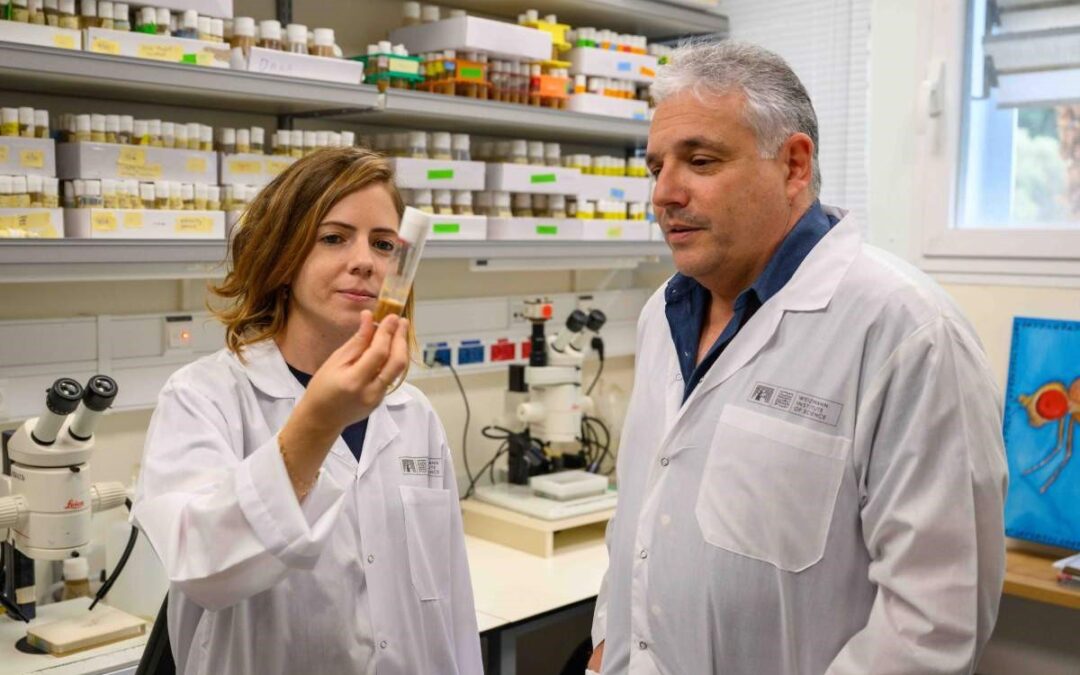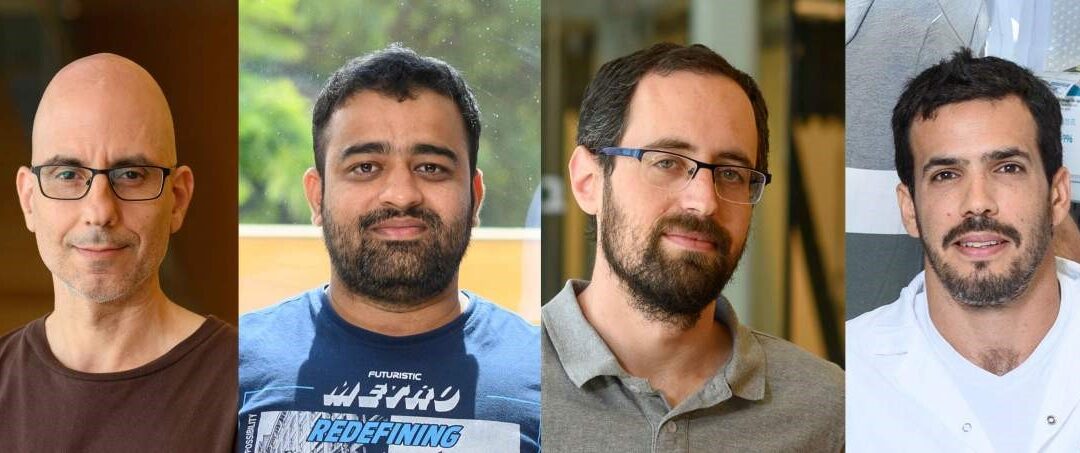Improving Health and Medicine
Pioneers in research that has led to better health and medicine world-wide, with nearly half the life science research at the Weizmann being focussed on cancer.
There are over 50 research groups dedicated to unravelling the cancer mysteries and finding ways to diagnose, treat and prevent a disease that will, directly or indirectly, touch us all at some point in our lives. Weizmann scientists first discovered that cancer can develop in stages and revealed detailed information about specific cancers such as lung, breast and prostate.
Other key health achievements include the discovery of the basis of amniocentesis and new fertility treatments; the founding of two leading treatments for Multiple Sclerosis (MS) called Copaxone® and Rebif®; and the development of advanced image scanning technology.
Also under development are vaccines for flu and diabetes; growing new organs and T cells to treat damaged spines from stem cells; and finding out how diseases originated.
Discovering how medicine and therapies will evolve is also a key focus: personalized medicine that provides treatments and therapies based on the individual’s genetic make-up are the future, and Weizmann’s new Nancy and Stephen Grand Israel National Center for Personalized Medicine is working hard to make this a reality.
In Australia, Weizmann collaborations with leading universities have also played a role in understanding the basis of disease in a bid to develop better treatments and help our world to become a healthier place. Weizmann is in partnership with Australia’s famous Garvan Institute of Medical Research where these two great research centres create synergistic research platforms advancing cellular genomic science.
Facts
Leading MS drugs Copaxone® and Rebif® developed by Weizmann, treating some of the 23,700 Australians with MS
A type 1 (juvenile) diabetes treatment is now in Phase III clinical trials
Deciphered 3-billion-base-pair genome in its role as part of the Human Genome Project
Institute for Infectious Disease Research- Fighting Infectious Disease 2020
Watch me
WIS Talks - Prof. Rony Paz
Watch me












